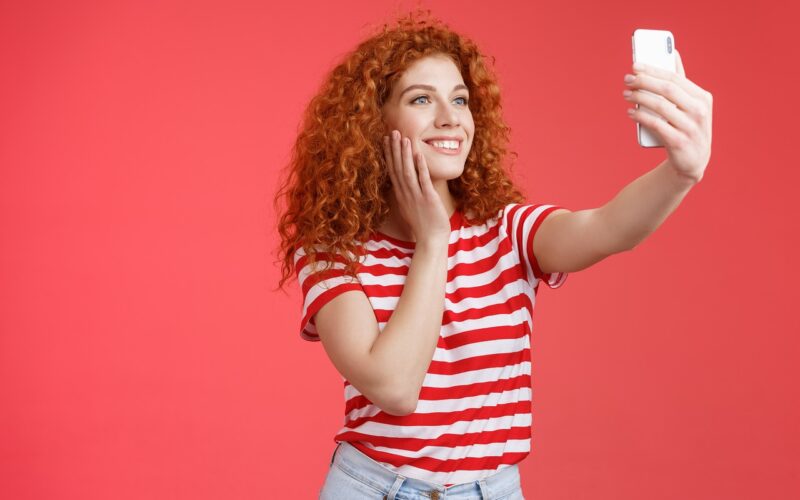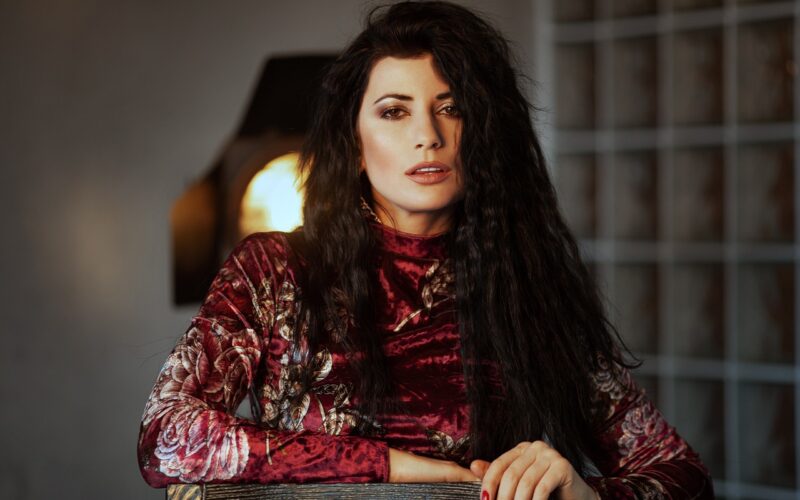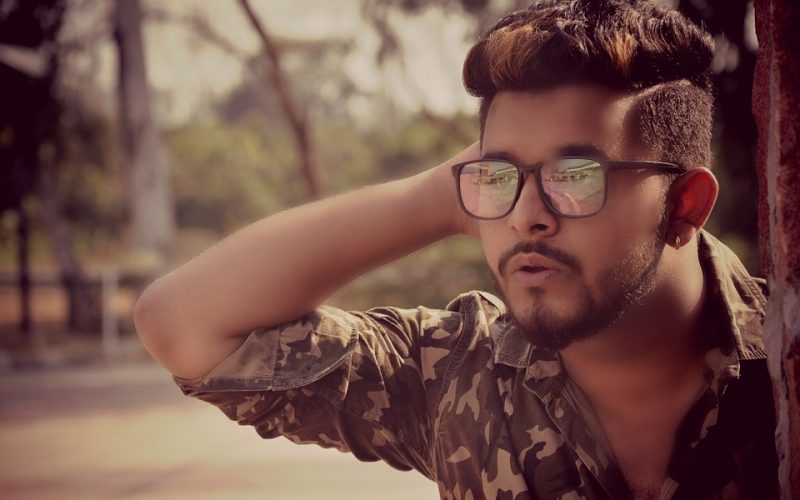In today’s digital age, social media platforms have become an integral part of our daily lives. We use them to connect with friends, share moments, and stay informed about the world around us. However, as these platforms continue to grow in influence, they also bring certain challenges, particularly concerning body image. This article delves into how social media affects our perceptions of body image, exploring both the positive and negative impacts.
The rise of the idealised body
One of the most significant ways that social media impacts body image is through the proliferation of idealised body types. Platforms like Instagram, TikTok, and Facebook are replete with images showcasing seemingly flawless physiques. These images often set unrealistic standards of beauty, perpetuated by influencers and celebrities who frequently use filters and photo-editing tools to enhance their appearance. The constant exposure to such content can lead individuals to compare themselves unfavourably, fostering feelings of inadequacy and dissatisfaction with their own bodies.
The psychological effects
The psychological impact of social media on body image is profound. Studies have shown that frequent exposure to idealised body images can contribute to a range of mental health issues, including anxiety, depression, and low self-esteem. For example, a study published in the International Journal of Eating Disorders found that social media use is associated with increased body dissatisfaction and disordered eating behaviours among adolescents. The pressure to conform to these unattainable standards can create a harmful cycle of negative self-perception and unhealthy habits.
The role of influencers
Influencers play a pivotal role in shaping body image perceptions on social media. With their large followings and perceived authority, influencers have the power to dictate trends and norms. While some influencers promote body positivity and inclusivity, many still adhere to conventional beauty standards. This dichotomy can be confusing for followers, who may struggle to reconcile the messages of self-acceptance with the pervasive presence of idealised bodies. Consequently, the influence of these online personalities can either bolster or undermine individuals' body image.
The impact on different demographics
The impact of social media on body image is not uniform across all demographics. Adolescents and young adults are particularly vulnerable, as they are at a stage of life where identity and self-worth are still being formed. However, the effects are also notable among older adults, who may feel pressured to maintain a youthful appearance. Additionally, the impact varies by gender, with women traditionally facing more scrutiny over their bodies. However, men are increasingly experiencing similar pressures, as muscular and lean physiques are frequently glorified online.
Positive movements and body positivity
Despite the negative impacts, social media has also given rise to positive movements promoting body positivity and diversity. Campaigns like #BodyPositivity and #EffYourBeautyStandards encourage users to embrace their natural bodies and challenge societal beauty norms. These movements provide a platform for individuals of all shapes, sizes, and backgrounds to share their stories and support one another. By highlighting a wider range of body types, social media can foster a more inclusive and accepting environment.
Strategies for healthier social media use
To mitigate the negative effects of social media on body image, it is essential to adopt healthier usage strategies. Curating one’s feed to include body-positive accounts, limiting screen time, and engaging in offline activities can help maintain a balanced perspective. Moreover, promoting media literacy and critical thinking skills is crucial, enabling individuals to recognise and challenge unrealistic portrayals of beauty. By fostering a more mindful approach to social media, users can protect their mental well-being and cultivate a healthier body image.
Social media has a complex relationship with body image, exerting both positive and negative influences. While the prevalence of idealised bodies can contribute to body dissatisfaction and mental health issues, the platform also serves as a vehicle for body positivity and inclusivity. By understanding these dynamics and adopting healthier social media practices, individuals can navigate the digital landscape more effectively, fostering a more positive and realistic perception of their own bodies.






















